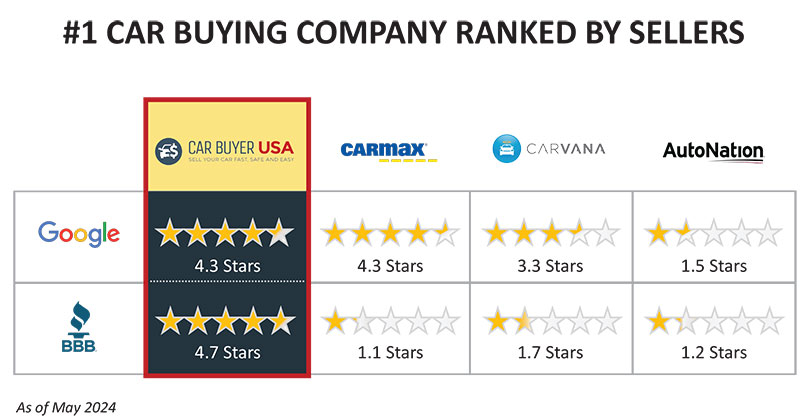In the dynamic market of used vehicles, obtaining accurate pricing is a multifaceted challenge. Sellers and buyers alike face a labyrinth of factors that influence the value of a car, making the task of setting a fair price anything but straightforward. From fluctuating market demands to the subjective nature of a vehicle’s condition, pinpointing an accurate price requires careful consideration and often, a bit of luck.

One of the primary obstacles in accurate pricing is market variability. The value of a used car can change rapidly due to economic conditions, fuel prices, and even seasonal trends. For instance, SUVs and trucks may see a surge in demand during the winter months, driving up prices, while smaller, fuel-efficient cars might become more desirable during times of economic uncertainty or rising fuel costs. This volatility means that a price that seems fair today could be outdated tomorrow.
Another significant challenge is the subjective assessment of a vehicle's condition. Factors like mileage, maintenance history, and the presence of aftermarket modifications can all influence a car’s value. However, these elements are often open to interpretation. One seller might see a minor scratch as negligible, while a potential buyer could view it as a significant flaw. Similarly, a well-documented maintenance history can add value, but the degree to which it affects the price is subjective and can vary between buyers and sellers.
The rise of online marketplaces and pricing tools has added both convenience and complexity to this process. Websites like Kelley Blue Book, Edmunds, and NADA provide estimated values based on make, model, year, and condition. However, these tools often yield different results, leaving sellers to navigate through a range of suggested prices. Additionally, these platforms may not always account for regional price variations or specific market conditions, further complicating the task of setting an accurate price.
Transparency, or the lack thereof, also plays a critical role. Many sellers may not be fully honest about their vehicle's condition or history, either intentionally or due to lack of knowledge. This can lead to significant discrepancies between perceived and actual value. Carfax and similar services can provide vehicle history reports, but they are not infallible and may miss critical information.
Lastly, the emotional attachment of sellers to their vehicles can cloud judgment. A car that has been part of significant life events or has sentimental value might be priced higher by its owner than the market would typically bear. This personal bias can make it difficult for sellers to objectively assess their vehicle’s worth. Obtaining accurate pricing for used vehicles is a complex endeavor influenced by market fluctuations, subjective evaluations, the limitations of online tools, transparency issues, and emotional factors. Navigating these challenges requires a combination of research, realistic expectations, and a willingness to adapt to market conditions. For sellers, understanding these intricacies is crucial to setting a fair and competitive price that aligns with current market realities.
Sellers can ask any used car professional “what’s my car worth?” and the answer will always be the same… “It’s only worth what someone will pay you for it today”! Most online vehicle valuation sites have gravitated to lead generation models where they charge dealers to access your price inquiry. They give the dealer YOUR personal information, vehicle information, address, damage description and other website/ demographic data for a fee. Car Buyer USA will give you a free quote in 20 seconds with no personal information required! The best news of all is that we will PAY the Value we give you, not wish you luck! You can visit our website at carbuyerusa.com, email us at info@carbuyerusa.com or give us a call at 678-635-2050. We are here for you!


